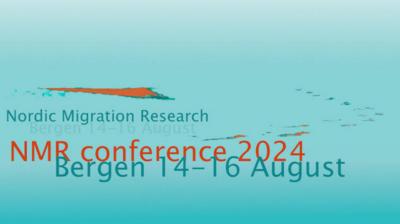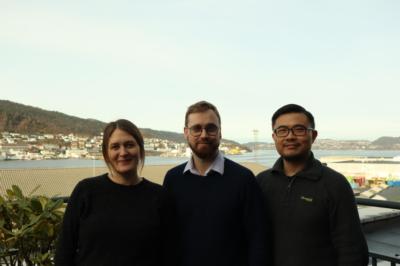The Climate Change & Migration (CLIMIG) initiative provides a platform for CMI researchers interested in various aspects of the interlinkages of climate and environmental change and human migration.
The influence of environmental factors on human mobility has received increasing attention from researchers, practitioners, and policymakers, particularly in the context of climate change. According to the IPCC, around 20 million people are already forced to leave their homes each year because of extreme weather events such as hurricanes. Various estimates suggest that this number could rise to as many as 150 million people by 2050.
While these predictions seem clear, the study of climate and migration remains complex as the relationship between climatic changes and human mobility patterns is hardly ever monocausal. It is tangled up with other factors like poverty, governance, human security, conflict, and as well as age, race, class, and gender. Climate change can be both a pull and a push factor influencing migration. It can happen slowly over time or suddenly, and it can exacerbate other hazards, like tsunamis or earthquakes. Similarly, climate-related migration can take many forms along a continuum from voluntary adaptive migration to forced displacement. It may be internal or across borders, temporary or protracted or may not be an option altogether.
A deep and integrative understanding of the climate-migration nexus across various temporal and spatial scales is vital for policymaking and planning, addressing gaps and imbalances in this broad field of study. This includes research on issues en route and at migration destinations, multiple movements, and displacements, planned relocations, as well as policy analyses, and research that combines empirical, theoretical and policy approaches, particularly those that bring together governments and affected communities.
The Climate Change & Migration initiative at CMI has been set up as a response to address critical research needs. It centers around three linked components:
- Produce knowledge: This component is designed to synthesize existing and create new knowledge on climate and migration.
- Create a research hub: This includes a CLIMIG platform for researchers at the CMI and beyond to foster knowledge sharing and collaboration, including through a regular seminar series.
- Develop future projects: This component aims to explore funding opportunities and stir engagement for the development of research proposals.









